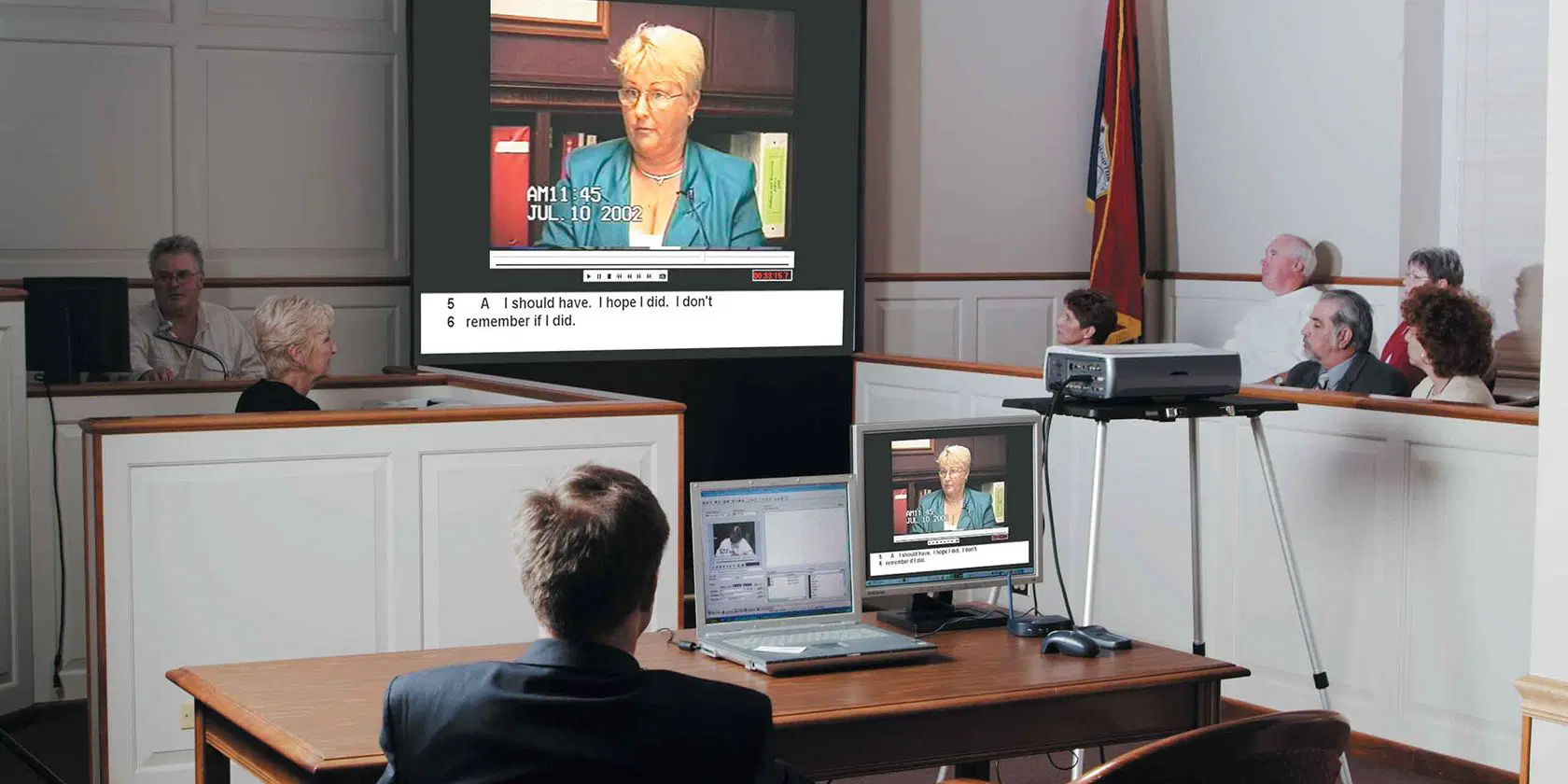Key Strategies for Developing Winning Trial Presentations in Court
Wiki Article
The Power of Visuals in Trial Presentations for a Winning Disagreement
The assimilation of visuals in trial discussions has emerged as a critical variable in successfully interacting intricate debates to jurors. By utilizing various kinds of aesthetic aids-- be it diagrams, photos, or animations-- attorneys can improve understanding and retention, inevitably forming the jury's perception of the case. This approach not just makes clear complex stories yet likewise develops a psychological resonance that can influence decision-making. As we discover the subtleties of this approach, it ends up being necessary to consider exactly how details sorts of visuals can make a considerable difference in test outcomes. What useful approaches might lawyers employ to maximize this potential?Relevance of Visuals in Tests
In several legal settings, visuals play a vital role in improving the performance of test presentations. The assimilation of visual aspects can substantially influence jurors' understanding and retention of complicated information, consequently shaping their understandings and decisions. Visuals, such as graphes, layouts, and photos, can simplify complex stories, making them much more available and compelling.Additionally, the human brain processes visual details more efficiently than message, which underscores the value of integrating visuals right into lawful arguments. By equating thick legal ideas right into visual layouts, attorneys can facilitate more clear communication, making sure that essential factors are not neglected throughout trials.
In addition, visuals serve to involve jurors on an emotional degree, fostering a link to the case that words alone may fall short to accomplish. The critical use of visuals can stimulate empathy, triggering jurors to take into consideration the human elements of the instance.
Ultimately, the value of visuals in tests lies in their capability to boost clarity, enhance juror involvement, and reinforce the story being offered. This potent combination is crucial for crafting persuasive disagreements that reverberate with jurors and influence the result of lawful process.
Types of Visuals to Use
Efficient test discussions can greatly benefit from a range of aesthetic devices that accommodate different elements of the situation. trial presentations. Making use of layouts and charts can efficiently break down complicated info, making it extra absorbable for jurors. For example, flowcharts can illustrate the sequence of events, while bar graphs may succinctly compare appropriate data points.
Animations and simulations can likewise play an essential duty, specifically in situations involving technological information or intricate situations. These visuals can dynamically stand for procedures or activities, providing clearness and interaction that fixed photos may not achieve.
In addition, infographics incorporate message and visuals to sum up crucial details effectively. They can present timelines, data, and substantial instance factors in an aesthetically attractive way, making it much easier for jurors to comply with the disagreement.
Enhancing Comprehension and Retention

Enhancing understanding and retention throughout trial presentations is crucial for ensuring that jurors realize the crucial aspects of a case. Aesthetic help work as effective devices in this regard, translating intricate info into conveniently digestible layouts. By using charts, layouts, and infographics, attorneys can streamline complex data and emphasize essential points that might otherwise be ignored.
Research studies have actually shown that people maintain information dramatically better when it is offered visually. This is specifically essential in a trial setup, where jurors may be bewildered by the volume of evidence and testament. By tactically including visuals, attorneys can route jurors' attention to one of the most crucial facets of the case, strengthening their understanding and memory of the product presented.

Creating Involving Presentations
Exciting jurors' attention throughout trial discussions is essential for communicating a compelling story. Involving presentations utilize visual aspects to create an unforgettable experience that reverberates with jurors. The tactical use of graphics, animations, and video clips can elucidate complicated details, making it much more easily accessible and relatable.
Additionally, including storytelling strategies can enhance involvement. Presenting proof in a logical series that builds sob story enables jurors to connect with the material on an individual level. Numerous presentation try this styles, such as including short video or interactive elements, can likewise sustain rate of interest and focus throughout the trial.
Eventually, an interesting presentation cultivates an extra profound understanding of the situation, making it possible for jurors to better value the debates visit here being presented and causing an extra favorable result.
Study and Success Stories
Various situation researches highlight the significant effect of visuals in trial discussions, showing their ability to influence juror understandings and eventually the end results of instances. A notable case involving a personal injury claim illustrated how the use of a 3D animation of the accident scene clarified complex details. Jurors reported feeling more informed and empathetic, significantly swaying their choice for the complainant.In an additional circumstances, a business litigation situation used infographics to present financial information and timelines, making detailed details obtainable. The aesthetic depiction allowed jurors to comprehend the nuances of the case better than spoken descriptions alone. trial presentations. Consequently, the jury returned a verdict that went beyond the customer's expectations
The engaging visuals not only aided in producing doubt however also reverberated emotionally with jurors, leading to a pardon. These success stories highlight the necessity of incorporating visuals into test presentations, as they improve understanding, retention, and ultimately, the convincing power of legal disagreements.
Conclusion
In verdict, the strategic consolidation of visuals in trial discussions dramatically enhances jurors' comprehension and retention of complicated info. Involving discussions, sustained by engaging case studies, demonstrate the profound effect that visuals can have on convincing interaction.Report this wiki page